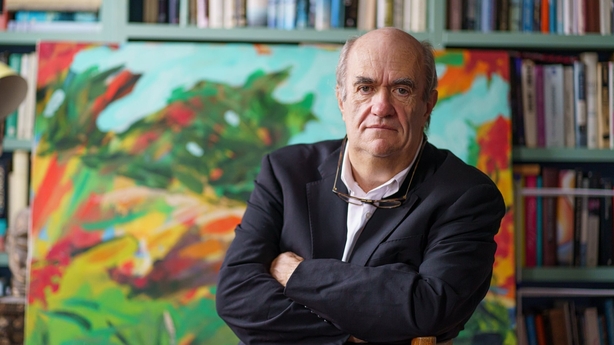Author Colm Tóibín has penned a sequel to his novel Brooklyn, reuniting readers with his heroine Eilis Lacey 20 years after the events of his acclaimed bestseller.
Picador will publish Long Island in May 2024.
Originally published in 2009, Brooklyn won the 2009 Costa Novel Award, was shortlisted for the 2011 International Dublin Literary Award and was longlisted for the 2009 Man Booker Prize.
The book was adapted for film by director John Crowley in 2015, winning critical acclaim and box-office success, and landing a trio of Oscar nominations, for Best Picture, Best Adapted Screenplay, and for Saoirse Ronan as Best Actress.
Set in the 1970s, Long Island finds Eilis Lacey living with her husband, Tony Fiorello, and her children in a house in Long Island, rather too close to her Fiorello in-laws.
A shocking piece of news propels Eilis back to Ireland, to a world she thought she had long left behind and to ways of living, and loving, she thought she had lost.

The author of ten previous novels, including The Blackwater Lightship, The Master and The Magician, Tóibín is currently the Laureate for Irish Fiction. In addition, he is currently Mellon Professor in the Department of English and Comparative Literature at Columbia University in New York, and Chancellor of Liverpool University.
'Colm Tóibín is one of the world's finest writers and Brooklyn is a novel that was loved by readers around the world," said Picador Publisher Mary Mount in a statement. 'It is overwhelming to be reunited with the characters of that novel once again and to see them anew.
'This is a novel of profound emotional resonance and enormous wit, both qualities having long been hallmarks of Tóibín's writing. It is a huge thrill and privilege to be publishing this extraordinary new work which will be read by many readers for many decades to come.'

